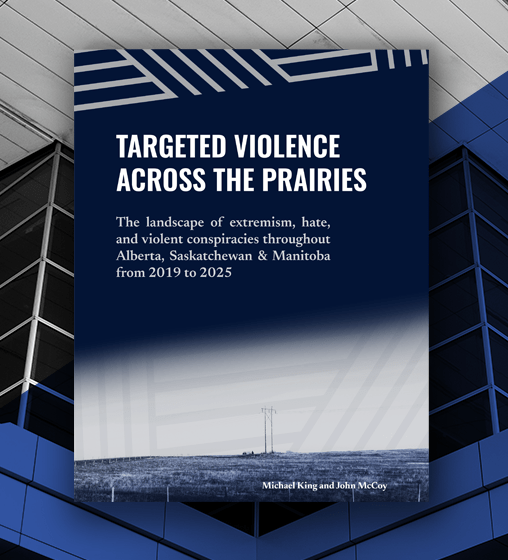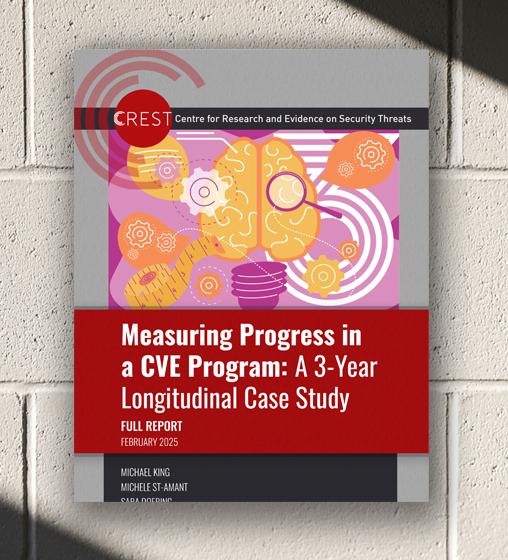This discussion paper published by the United States Institutes for Peace presents a person-centered approach to outcomes for rehabilitation and reintegration (R&R) programs targeting returning women and children.
Identifying and assessing outcomes are the intended accomplishments of these programs, and are key for understanding change processes and developing strong programs. Little guidance currently exists regarding strategies for what outcomes should be assessed and how to do so. These programs should be able to assess and track key outcomes at multiple levels, including individual, family, community, and systems. Authors reviewed multiple data sources including:
- recommendations, guidance, and other tools developed for R&R by multilateral bodies and platforms;
- recommendations and guidance from specific country R&R programs;
- prior empirical research in the areas of refugee children, war-impacted children, child criminal gang members, child victims of maltreatment, and child victims of sex trafficking; and
- systematic reviews of juvenile justice outcomes and terrorist deradicalization programs.
By drawing upon the existing evidence regarding outcomes from the reviews, other relevant prior work, and practice knowledge, the authors developed a new person-centered approach to outcome indicators for returning women and children. With input from returnees, practitioners, stakeholders, and experts, the authors also developed assessment scales for adults and children and propose a method for their implementation and pilot testing in programs for women and child returnees.



